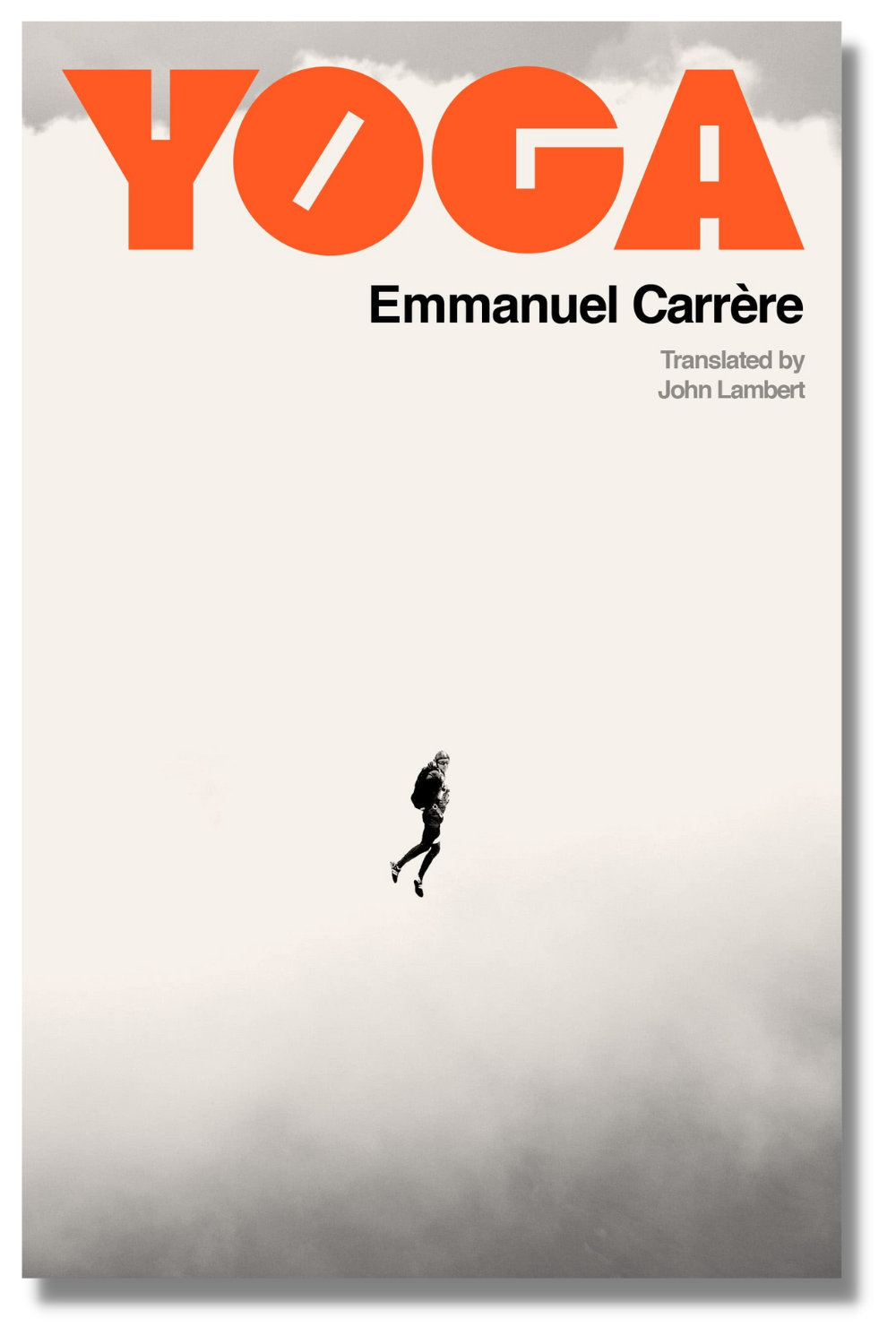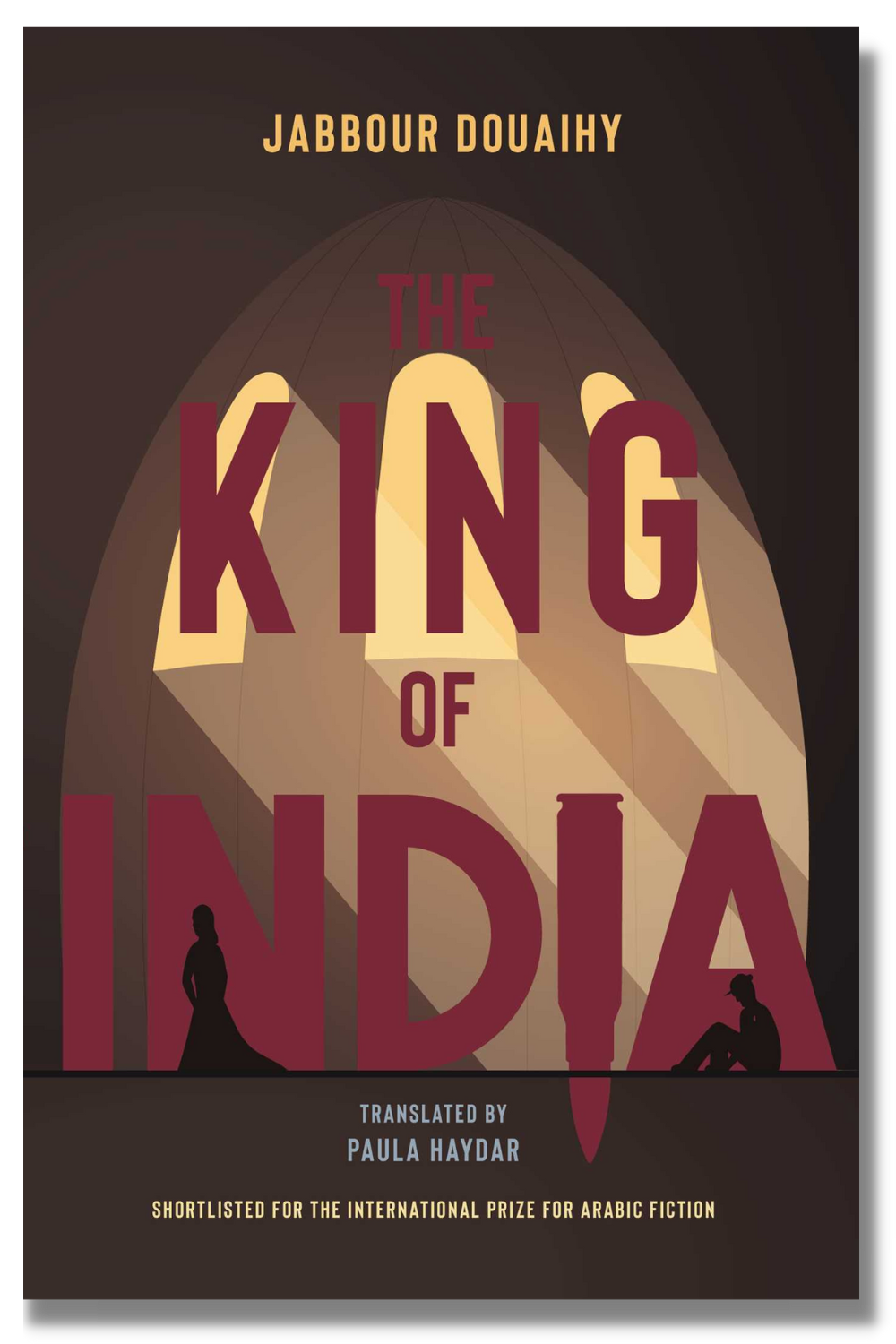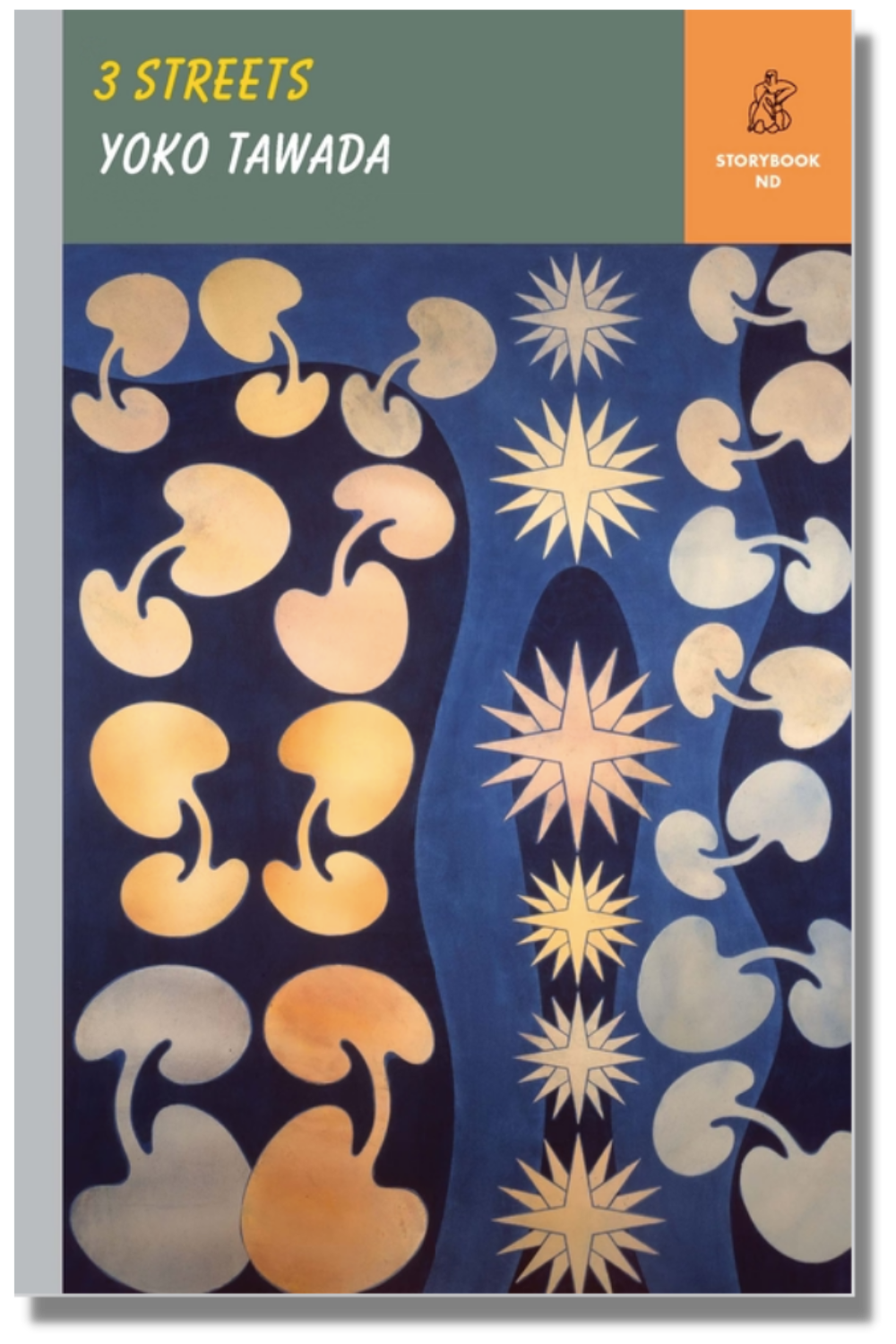From Astra Publishing House | Dogs of Summer by Andrea Abreu, translated from the Spanish by Julia Sanches | Fiction | 192 pages | ISBN 9781662601590 | US$23.00
What the publisher says: “My Brilliant Friend meets Blue is the Warmest Color in this lyrical debut novel set in a working-class neighborhood of the Canary Islands—a story about two girls coming of age in the early aughts and a friendship that simmers into erotic desire over the course of one hot summer.”
What Kirkus Reviews says: “Looming over the girls’ beleaguered existence are an omnipresent cloud cover of dust and the island’s volcanic mountain; a day at the beach seems like an unattainable goal. Abreu, who writes both prose and poetry in Spanish, charts the girls’ summer course to adolescence in straightforward, nonromantic prose interspersed with occasional poetic, dream- or nightmarelike passages.”
What I say: Dogs of Summer is a thoroughly immersive story of youth, with all of the inequities and frustrations that that implies. It’s also, in Andrea Abreu’s telling and Julia Sanches’s translation, a fascinating study of its narrator’s method of seeing the world. Here she is, reflecting on her friend Isadora: “She thought you only live once, so you’d better try a teeny bit of everything when you got the chance. How’s about a teeny bit of anis, miniña? Jus a teeny bit. Jus a teeny bit, she said.” The prose, the rhythms, and the sense of place all combine toward a memorable whole.
From NYRB Poets | A Summer Day in the Company of Ghosts by Wang Yin, translated from the Chinese by Andrea Lingenfelter | Poetry | 192 pages | ISBN 9781681376486 | US$16.00
What the publisher says: “Wang’s sensibility is both cosmopolitan and lyrical, and his poetry has a subtlety and beauty that contrasts with the often physically painful imagery with which he depicts psychological reality, a reality expressed as various states of mind struggling against the suppression of memory.”
What I say: The poems in A Summer Day in the Company of Ghosts encompass the decades-long career of Wang Yin, and there are countless qualities about these works that recommend them. What stands out the most for me are the juxtapositions, creating an almost cinematic sense of contrasts. “The first word of winter is delay / I can’t find my name on any of these tombstones,” from “Winter in Katowice,” gives a precise sense of the narrator’s mindset as they attend a funeral; like the collection as a whole, this line neatly balances the quotidian and the philosophical.
From Farrar, Straus and Giroux | Yoga by Emmanuel Carrère, translated from the French by John Lambert | Nonfiction | 352 pages | ISBN 9780374604943 | US$28.00
What the publisher says: “This is a book about one man’s desire to get better, and to be better. It is laced with doubt, animated by the dangerous interplay between what is fiction and what is real. Loving, humorous, harrowing, and profound, Yoga hurls us towards the outer edges of consciousness, where, finally, we can see things as they really are.”
What the New York Times says: “I would gladly read a hundred pages of Carrère scrutinizing the ‘huge caverns’ of his nostrils, lingering on the way that air prickles and tingles against their walls—but I understand why somebody else wouldn’t want a single paragraph of it.”
What I say: There was a moment partway through Emmanuel Carrère’s new book when I found myself thinking of Geoff Dyer’s Yoga for People Who Can’t Be Bothered to Do It. Both are works that, to some extent, use the practice of yoga as a springboard to discuss other topics; both men are authors who intentionally blur the lines between nonfiction and fiction. And then Carrère brought up Dyer in the pages of Yoga and I was left with the sense that this book had been reading my mind. This is a bit shaggier than some of Carrère’s other work that I’ve read, but it arrives at a fascinating and moving place.
From Interlink Publishing | The King of India by Jabbour Douaihy, translated from the Arabic by Paula Haydar | Fiction | 256 pages | ISBN 9781623719074 | US$17.00
What the publisher says: “As investigator Abu Khalid wrestles with conflicting evidence surrounding Zakaria’s death, he is drawn into a picture of the victim’s life, one that recalls fables of gold, sibling strife, the love of French women, false promises of revolution, and the corruption and sectarian enmities that have plagued their homeland.”
What Foreword Reviews says: “Despite the passage of time being central to the story, it is alluded to in abstract ways. Characters travel by sea, then by air. Communication is nonexistent, then by letter, then by telephone. Children become parents, then grandparents. Removing concrete time from the bulk of the story allows each character to exist both as an individual and as a keystone in the Mubarak family history.”
What I say: I’m a big fan of the “someone comes to town/someone leaves town” descriptor for many a storyline, and Jabbour Douaihy’s The King of India accomplishes the impressive feat of incorporating both into its very first chapter. And in Paula Haydar’s translation, the language is evocative, from the opening sentence—“Zakaria Bin Ibrahim Mubarak came back at the start of summer, just as the cherries and goat cheese were coming into season”—onward. Zakaria’s death ends that chapter, and the mysteries contained in this novel are set in motion.
From New Directions | Three Streets by Yoko Tawada, translated from the Japanese by Margaret Mitsutani | Fiction | 64 pages | ISBN 9780811229302 | US$17.95
What the publisher says: “The always astonishing Yoko Tawada here takes a walk on the supernatural side of the street. In ‘Kollwitzstrasse,’ as the narrator muses on former East Berlin’s new bourgeois health food stores, so popular with wealthy young people, a ghost boy begs her to buy him the old-fashioned sweets he craves. She worries that sugar’s still sugar—but why lecture him, since he’s already dead?”
What Publishers Weekly says: “Brief and surprising, these stories reinvent familiar landmarks and artworks, giving readers an imaginative and hopeful way to grapple with the history that’s written into the urban landscape.”
What I say: One of the first entries in New Directions’ Storybook series, Three Streets wrestles with questions of place, art, and ghosts. The characters in these works seem to drift through time itself, tapping into old memories and evoking outdated brand names along the way. These trio of stories come at bold questions from unexpected angles, making for an absorbing and sometimes challenging read.
From And Other Stories | Boulder by Eva Baltasar, translated from the Catalan by Julia Sanches | Fiction | 112 pages | ISBN 9781913505387 | US$17.95
What the publisher says: “Working as a cook on a merchant ship, a woman comes to know and love Samsa, a woman who gives her the nickname ‘Boulder.’ When Samsa gets a job in Reykjavik and the couple decides to move there together, Samsa decides that she wants to have a child. She is already forty and can’t bear to let the opportunity pass her by.”
What Kirkus Reviews says: “Boulder’s emotional isolation coupled with the poetic intensity of her sexuality makes her a striking character, unique in action and in thought, and the prose lilts in truly surprising ways as it navigates the plot’s more familiar tropes of love and desire, dedication and alienation.”
What I say: Eva Baltasar’s Boulder deftly demonstrates fiction’s ability to elide the passage of time. This is a novel that traces how one couple came together, and how they gradually drift apart; a bracing read, it evokes the protagonist’s shifting emotions as her relationship transforms into something unknown. Throw in a captivating portrait of Reykjavik and you have a thoroughly compelling work on your hands.
Read an excerpt of Boulder on WWB.
Copyright © 2022 Tobias Carroll. All rights reserved.
Looking for more reading suggestions? Check out Tobias Carroll’s recommendations from last month.
Disclosure: Words Without Borders is an affiliate of Bookshop.org and will earn a commission if you use the links above to make a purchase.


















